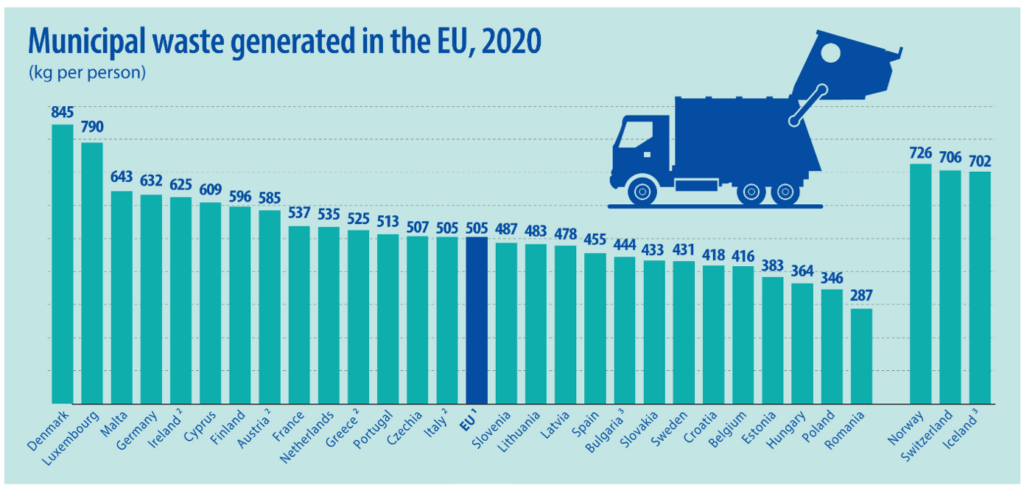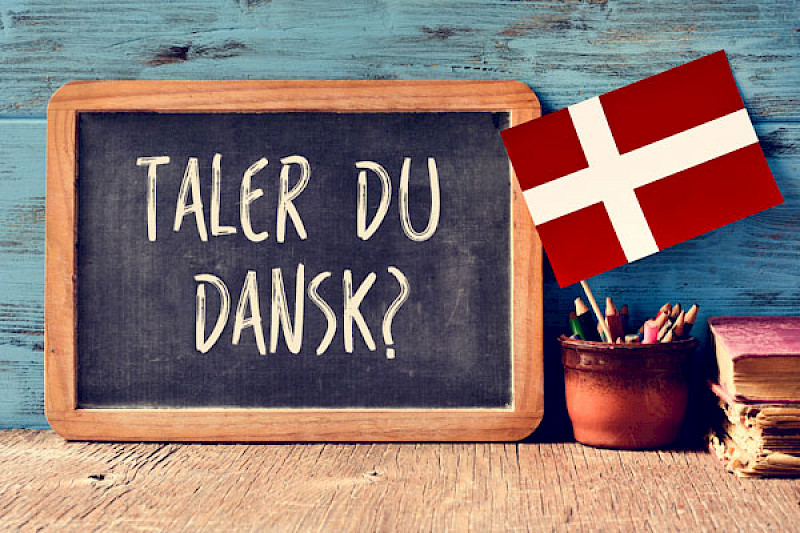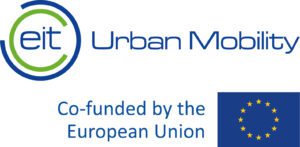Mehran Vahman, Project Manager at Vestforbrænding describes the work as follows:
"Some other municipalities in Denmark have launched similar projects. But with the good experiences from Sweden, I have chosen to use Bintel's holistic methodology/concept, where the data basis is thoroughly assessed before deciding whether to initiate behavioral change initiatives for citizens."

Danish municipalities produce the most waste per capita in the EU, about twice as much as our Swedish municipalities. This is according to figures from Eurostat, the EU's Directorate-General for compiling such interesting statistics.
They make most people raise an eyebrow or two, and then scroll on to see how many goals that Norwegian scored yesterday. Not us at Bintel, here our curiosity goes up to the red bars. We need to understand more, what are the differences and similarities between waste management in Sweden and Denmark, and what can we learn from each other? Therefore, we have now started a project together with Denmark's largest waste management company Vestforbrænding.
The purpose of the project is to understand how we can increase sorting and reduce residual waste for homes linked to Recycling room in Denmark, and then act on these insights.
In short, Bintel starts with Ctrl+c, Ctrl+v on the environmental room concept in Denmark. A concept that we successfully launched in Sweden in 2021/2022. Can you also cut 20% of the Danish residual waste?
Bintel's analytics engine, Bintel Brain™ , is used to be able to handle large amounts of data, and boil it down to clear activities for residual waste prevention efforts. A unique system, which is required for major installations of recycling room addressable.
We will unleash Bintel Brain on the Danish waste market, and see what recommendations it gives to reduce the residual waste of our hyggelige friends.
Spoiler alert for those of you who want to read the full article: We are quite similar, with the same challenges and the same opportunities to reduce residual waste from our recycling room. It's not a question of which side of the strait you live on. Bintel Insights™ , which is the user-friendly web-based tool that makes visible Bintel Brains™ analyses, emphasizes the same challenges, opportunities and changes.
The project in brief
Bintel's first green room project in Denmark is run together with Vestforbrænding, Denmark's largest waste management company, owned by 19 Danish municipalities. As the name suggests, the company, like many Swedish waste management companies, has focused on incineration, but is undergoing a transformation towards increased circularity. Therefore, the collaboration with Bintel was started.
6 different housing companies are also connected to the project, with the hope of being able to get tools to achieve new tighter cost and environmental goals.
Lessons between our countries will be shared during the project, which is still young, but some things can be noted already in the start-up phase;
Residual waste arrangements
It's a bit like handball when you look at the number of challenges faced by waste management and housing companies in reducing residual waste. It's worth noting that the challenges seem to be of a similar nature, regardless of which side of the strait you are on.
Bintel Insights™ points out that direct savings through the reduction of residual waste subscriptions can be made in 50% of the Danish recycling rooms in the project.
Rule of thumb #1 from our corresponding Swedish projects: Direct savings can be made from 40% of our Recycling room, without affecting the residents.
Dimensioning guidelines
In Sweden, we see huge differences in residual waste volumes from our different Recycling room, with figures ranging from 25 liters to often over 100 liters per apartment and week. The guidelines provided by the Swedish industry organization Swedish Waste Management Association for the dimensioning of waste stations are currently 50L/lgh,v . Sometimes it is too high, sometimes it is too low, but can be seen as a good average value.
It is interesting to note that our Danish friends, in the municipality in question, give the guidelines 90L/lgh,v.
In the Danish municipality in question, they design for 80% more Residual waste per apartment than our Swedish guidelines suggest.
Rule of thumb #2 from our Swedish projects: If you ask for Residual waste, you get Residual waste.
This major difference in dimensioning may be part of the explanation for the larger number of empty Danish residual waste containers. If these guidelines are similar at the national level, then the industry has an important structural work ahead, as data indicates that this also affects the amounts of Residual waste in the containers.
Structural constraints in sorting
In our Swedish cooperation projects, we typically see that sorting is primarily limited structurally. There is simply no room to handle the recycling materials that residents want to throw away. Bintel's solution shows clear links between this and increased residual waste volumes.
Housing associations also report increased littering and decreased satisfaction with overflowing bins, bad ingredients to serve their board with reduced waste costs and good end-of-year climate figures.
The fractions of plastic and paper packaging, which in this Danish municipality are collected in the same container and re-sorted, are often given high priority because they represent a large volume and a large climate footprint. So what is the structural situation, how many collection points have full containers and are unable to collect more plastic and paper, no matter how much you nag the residents?
The project demonstrates that sorting of plastic and paper packaging is limited at 33% of collection points.
Rule of thumb #3 from our Swedish projects: In 50% of our Recycling room the sorting of plastic and paper packaging is limited by actual space in the bins.
Vestforbrænding aims to increase its sorting by 25% during the current period of its waste plan. We at Bintel are pleased that the project is likely to provide many concrete suggestions on how this can be done. If you are curious to know more, contact us!

